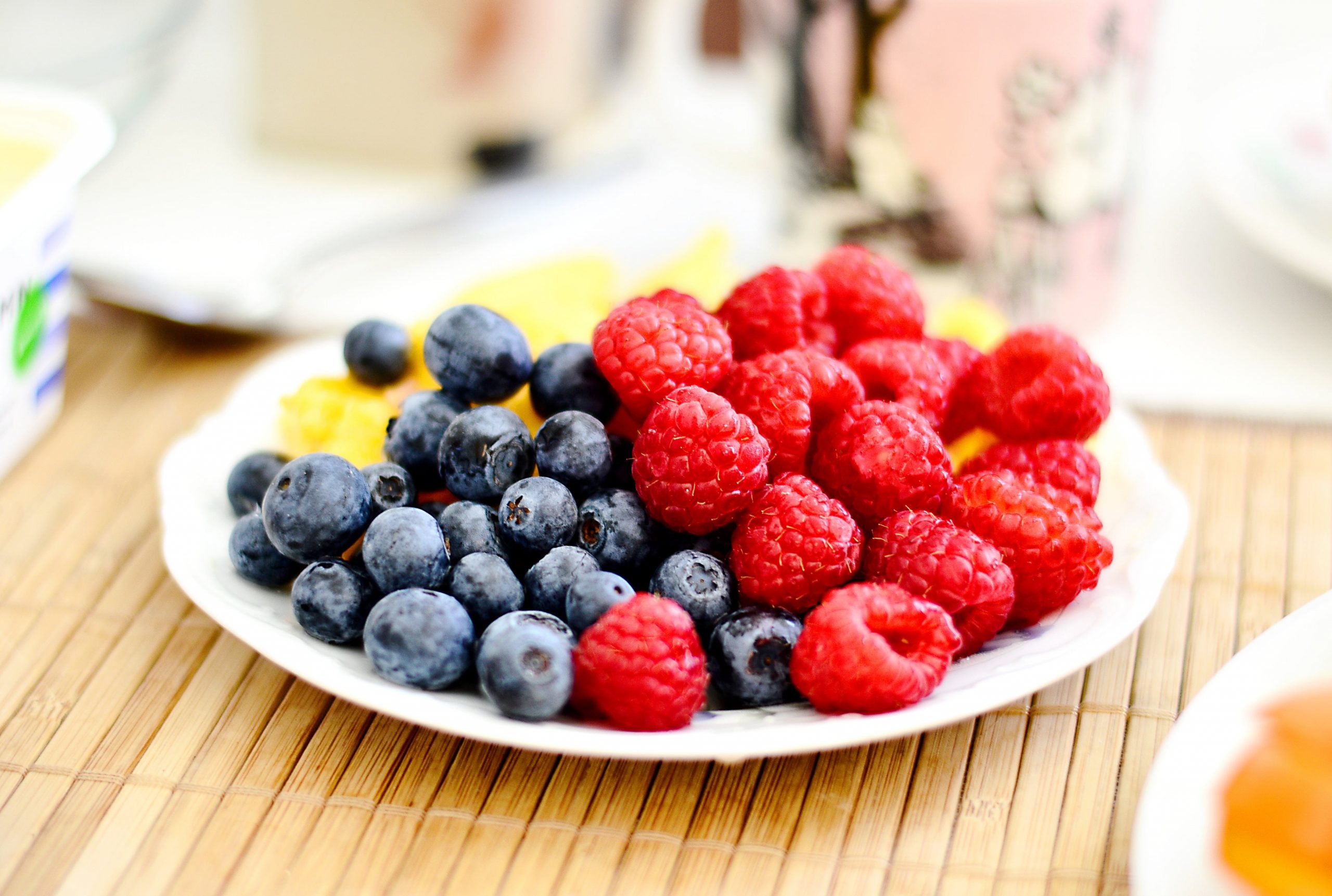Last week I did an interview with an Urban Farmer right here in Miami.
We touched on the importance of eating seasonal produce, but there’s so much more!
Modern agriculture is great – with a quick trip to the grocery store we have a variety of fruit and veggies available to us regardless of what time of year it is. Fresh blueberries in your oatmeal in December? No problem! But unless you’re buying in-season produce, fresh is a bit of a misnomer.
So for optimum health and food enjoyment, it’s good to spend some time learning about the harvesting seasons.
Don’t have time? Don’t worry, I put together a quick 5-minute video to explain it all :)
You’ll learn:
- The benefits of eating produce that’s in season
- Where you can look to determine what produce is in season in your state
- A small trick in the grocery store to help you determine what’s in season and not
If you’d rather read the transcript, it’s here below.
Transcript
Hey everyone, it’s Lindsey Victoria here from A Life Well-Balanced. This channel is all about how to be a tiny bit better at this beautiful thing we call life in a more balanced and positive way.
If that sounds like something that interests you, please hit that subscribe button so I can notify you when I have a new video to share. And of course I would always appreciate that.
Today I want to talk about ‘Eating in Season Produce’. I just did a video the other day where I was interviewing an urban farmer and we were talking about why seasonal produce is great and she was talking about how we can access it. But I want to expand on why it’s important and I want also to give you some seasonal eating tips.
First, let’s talk about Why eat in-season produce?
Two things:
- Superior taste
- Better nutritional benefits
Once you really understand the produce to be eating, you’re actually going to get more vitamins and nutrients from it.
Produce that’s in season actually takes quite a trek to get to a local supermarket. It can take anywhere from 3 days to several weeks and it can travel an average of 2000 miles. What happens is they’re picked before maturity to reduce spoiling. But this means that they have reached the peak aroma and taste and nutritional content as well. They are supposed to ripen along the way, but what happens when the fruits are picked is, they have exposure to air, temperature, artificial light, and all of these things result in vitamin and mineral degradation. And so what they need more preservatives.
There are a lot of studies out there that actually show that produce picked at maturity and then eaten immediately (i.e. farm to table), has higher level of vital nutrients than what’s actually in your grocery store display.
Studies also show that fresh veggies can lose up to 55% of their Vitamin C content within 48 hours of being picked, so you really want to be eating the freshest fruit when you get it. For example, apples are naturally harvested in the fall, so if you’re eating that apple in June, it’s not fresh, it’s not in season, and you’re not going to get all the nutrients from it. So this is why it’s important to understand when things typically grow.
Let’s go to talk about the benefits of eating in season produce. Mother nature knows exactly what she is doing. In season produce actually contains higher levels of specific constituents that are in greater need that time of year. It’s awesome. For example, watermelon, which is a summer fruit, has more water content in them than any other fruit. Watermelon and strawberries have the highest fluid content of any fruit. They’re 92% water. And summer cucumber and zucchini are nearly 96% water. I thought that was fascinating. In the warmer months, if you want to stay hydrated, you can eat your fruits and you’re getting the water content. In the winter months, we need more vitamin D. Some of the best sources of Vitamin D are portobello mushrooms and they’re at their peak at fall. I find this so fascinating and mother nature knows what she’s doing, so eat when she bears her fruit.
So here are a couple of seasonal eating tips for you.
-
- First check your state’s growing guide and find out when the produce is in season. For Florida, you go to freshfromflorida.com you can learn what’s in season right on their website.If you don’t live in Florida, just go to Google, type ‘Florida guide for season produce’ and you’re able to see the exact fruits and vegetables that are growing at the time.
- Go to a farmers market. If you’re here in Florida, in Miami, you can go down to Homestead and you can make a whole day of it. It’s awesome.
- Pay attention to those in-store prices because produce that’s not in-season has had to travel a long time to get to you and transportation is not free. Things that are in-season tend to be a little bit cheaper.A few examples for you are:
- In the winter time you look for things like acorn squash
- You can look for apples in the fall
- In summer it’s zucchini and peaches
- Support your local farm or join the CSA . I just did a whole video where I interviewed an urban farmer and we talked about CSA’s and how you can join them.You could literally go to google, type ‘CSA near me.’ The Community Supported Agriculture service is basically, you pay them to grow vegetables for you and I think that is awesome. Since it’s a small scale farm, they’re only going to grow the fruits & veggies that are actually in season. So that is one of the quickest and easiest ways to get in season produce for a very good price.
- Plant your own garden and have fun with it. I talked about composting in another video. You can compost what you’re making in your house. I’ve talked about how you can go and make your own balcony garden in another video. There’s lots of things that you can do.You can go to seedling sales, and generally when you go to the seedling sales like at Little River Cooperative here in Miami, you go to them and they’re only going to have seedlings that are actually in season, so that’s a really good way to learn how you can have in-season produce. It’s really important.
I hope you guys learned a little bit. I just wanted to expand and follow-up about why eating in-season produce is really good.
I hope that this video helped you learn something. If you like it, please like it and leave a comment.
Tell me what you are doing to eat in-season produce and if you have something you want to share.
I hope you have a good one, and I’ll see you next time.


0 Comments